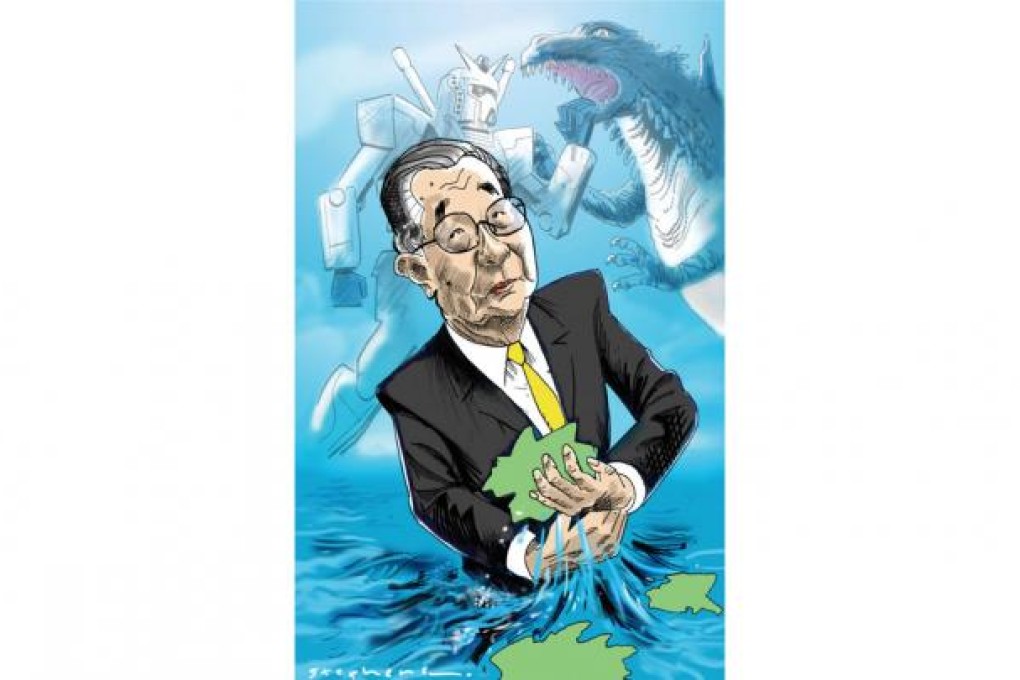Shintaro Ishihara, the man who stoked China-Japan tensions
Tokyo governor Shintaro Ishihara will go down in history as the abrasive provocateur who stoked tensions between China and Japan

For a man who seems to take pleasure in provoking, shocking and angering so many sectors of the Japanese public as well as the nation's allies and rivals alike, Shintaro Ishihara always seems to emerge unscathed.
The governor of Tokyo, who on Thursday announced that he would be stepping down to form his own political party and contest an anticipated general election, offends on such a regular basis it is remarkable he continues to be returned by the voters.
No Western politician, for example, could hope to get away with the type of off-the-cuff comments he makes frequently - such as that homosexuality is abnormal, that "old women who live after they lose their reproductive function are useless and committing a sin", and that the massive earthquake that killed about 20,000 people and devastated much of the country's northeast last year was "a punishment from heaven" because the Japanese had become too greedy.
Ishihara is every bit as abrasive when it comes to outsiders. In 2000, he publicly blamed illegal immigrants for the rising tide of crime in Japan. In 1990, he stating in an interview that the Rape of Nanking was fiction, famously claiming, "People say that the Japanese made a holocaust but that is not true. It is a story made up by the Chinese. It has tarnished the image of Japan, but it is a lie."
And apparently not content with upsetting China, he went on to annoy the French by suggesting that their language should not be recognised as an international tongue on the grounds that it is "a language in which no one can count".
But despite his controversial opinions, the 80-year-old Ishihara - who gained early fame in 1956 for winning the prestigious Akutagawa Prize literary award for his book, Season of the Sun, before he even graduated from Hitotsubashi University - has been re-elected governor three times since being voted into power in April 1999.